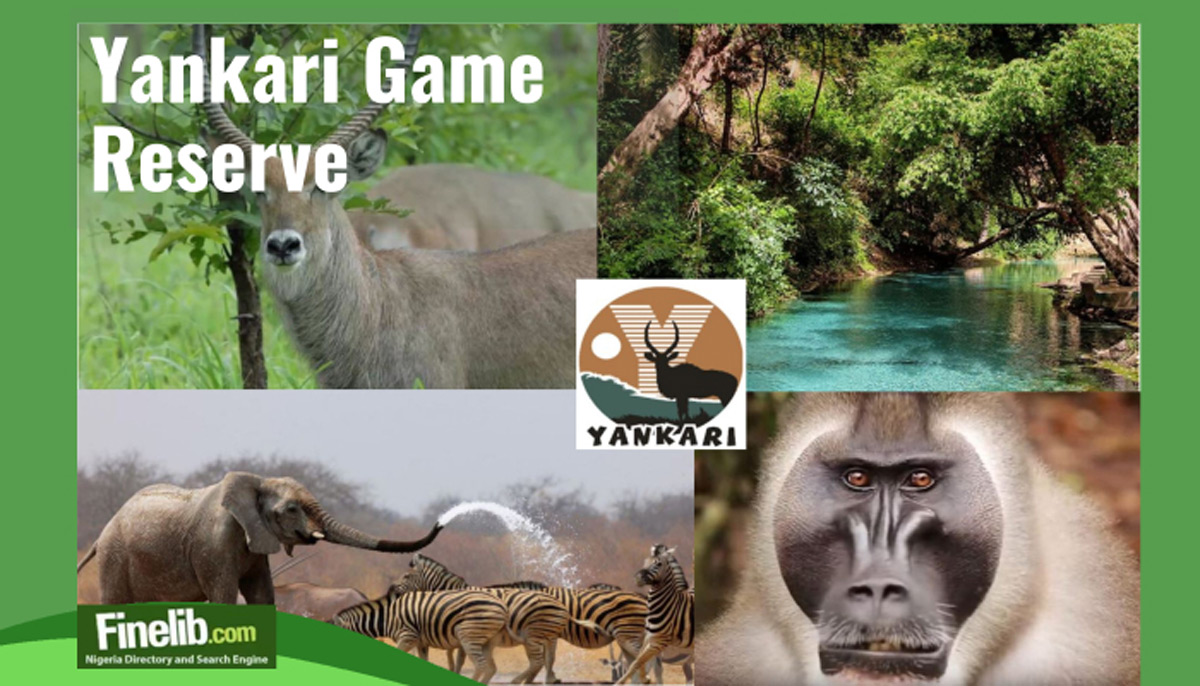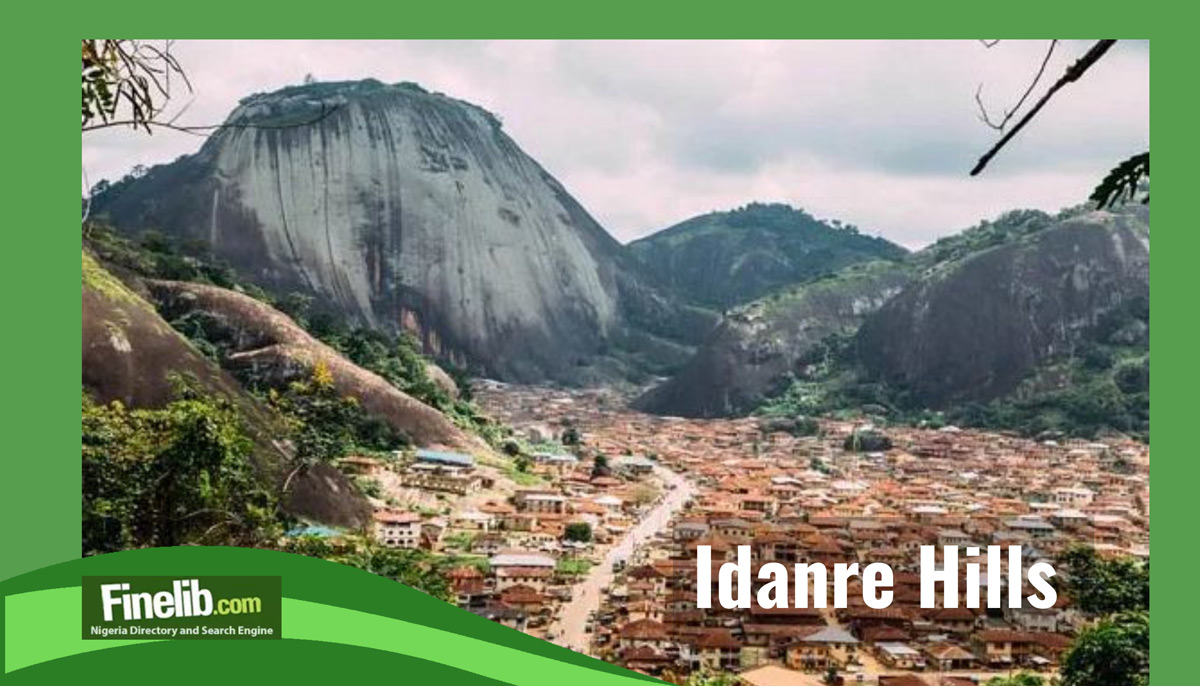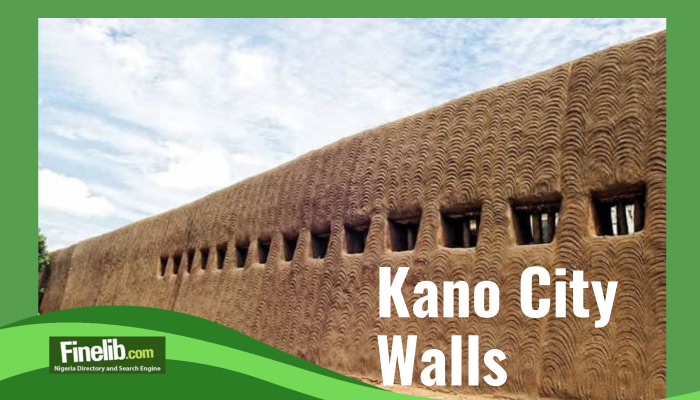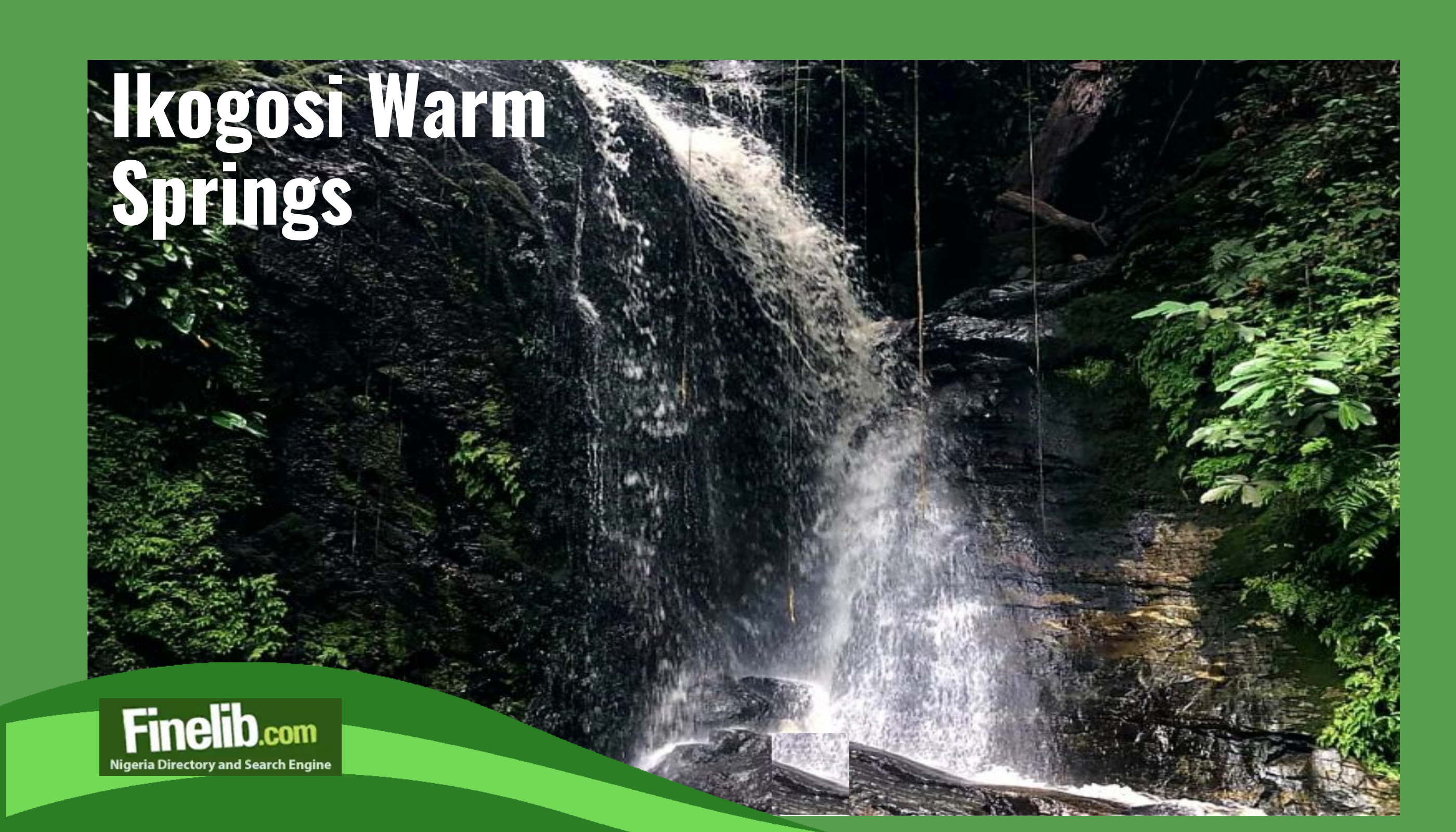Attractions and Activities of Yankari Game Reserve

If you want to find a spot in Nigeria where nature shows off its wild side with flair, Yankari Game Reserve in Bauchi State is a place you cannot miss with your mates or kin. Sprawling across 2244 square kilometres in the south-central part of the state, this vast wildlife haven sits in the West African savannah, offering a proper escape into Nigeria’s untamed beauty just southeast of Bauchi town.
Known to locals as simply “Yankari” or “the Reserve,” it boasts everything from roaring lions to the soothing Wikki Warm Springs, making it a top pick for anyone craving adventure or peace.
Whether you are a Bauchi resident looking for a weekend vibe or a visitor eager to explore Nigeria’s eco treasures, this guide spills the full gist on its history, attractions, and why it remains a must-visit gem in the northeast. Let’s dive into this wild wonderland and see what makes it a big deal.
How It All Started
Yankari Game Reserve began in 1956 when the Northern Nigeria Government carved it out as a game preservation area, a bold move sparked by a regional committee’s push to protect the land’s roaming wildlife. It grew from a quiet patch in Bauchi Province where animals thrived naturally into a full-fledged reserve, opening its gates to the public on 1 December 1962 as a haven for nature lovers.
In 1991, it stepped up to become Nigeria’s biggest national park under Decree 36, managed by the National Park Service, shining as a star for tourism until 2006 when Bauchi State took back control, reverting it to a game reserve. The shift came after years of ups and downs through poaching battles and funding woes, but groups like the Wildlife Conservation Society have since teamed up with the state to keep it alive, tracing a path from past grit to present promise. It is a tale of Nigeria safeguarding its wild roots against all odds.
Where You Will Find It
Yankari Game Reserve stretches across Bauchi State’s south-central heartland, about 110 kilometres southeast of Bauchi town and 225 kilometres east of Jos. It is nestled in the Guinea Savannah belt of northeastern Nigeria. Local farms and villages border it, places like Alkaleri to the north and Duguri to the east. Yet it stays wild inside its 2244 square kilometre sprawl, with no human settlements for over a century.
Getting there is no big issue from Lagos; hop a bus from Oshodi to Bauchi’s New Garage for about 7000 nairas, an 8 to 10-hour ride, then grab an okada or taxi to Yankari’s main gate for 1500 naira more. If you are in Jos, a 4-hour drive via Bauchi Road costs 3000 naira by taxi, or take the Bauchi Jos Road straight to the reserve’s edge, watching for signs of Wikki Camp. It is Nigeria’s wild retreat, close enough yet far from the city buzz.
What Makes It Special
Step into Yankari Game Reserve, and you are met with a raw burst of nature; think lions prowling the savannah, elephants lumbering through the bush, and baboons darting across paths, all part of over 50 mammal species calling it home. The Wikki Warm Springs steal the show, a crystal clear flow bubbling up at a steady 31 degrees Celsius from beneath a cliff, stretching 200 meters long and 10 meters wide, perfect for a warm dip any time of day.
Beyond Wikki, three other springs, Dimmil, Gwana, and Mawulgo, dot the park, each with its warm charm, while the Marshall Caves, a 7-kilometre trek from Wikki Camp, offer 59 sandstone shelters with ancient rock paintings from slave trade days.
The Dukkey Wells stuns with 139 underground cisterns linked by shafts, a relic of settlers storing water centuries ago. They are paired with the Shau Shau Iron Smelting Site, where 60 furnaces whisper tales of Nigeria’s early metalwork. A museum near Wikki Camp dives deeper into animal trophies, poacher gear, and history plaques, making Yankari a living book of Nigeria’s wild and past.
Things to Get Up To
Yankari is not just for gawking. It is a playground where you can dive into the wild with gusto. Kick-off with a game drive. Book a jeep ride from Wikki Camp for 5000 nairas per group, winding through the bush to spot elephants, buffalo, or the rare West African lion if luck swings your way.
Swim in Wikki Warm Springs for 500 naira. Its warm, clear waters soothe your bones, or trek to the Marshall Caves with a guide for 1000 naira, soaking in history with every step. Picnic spots near Wikki Beckon: Bring your suya or jollof rice and chill under acacias or snap pics of baboons raiding bins. It's a cheeky sight you will not forget. Birdwatchers can grab binoculars of over 350 species, such as hornbills and storks, and flit about while the museum offers a quiet delve into Bauchi’s past for free.
Why Nigerians Love It
Yankari Game Reserve holds a special spot in Nigeria’s heart, especially in Bauchi, where it stands as a proud escape from city wahala and a nod to our wild roots. Families swarm it during holidays like Sallah or Christmas, and kids splash in Wikki while parents kick back with roasted corn or gist about lion sightings.
Students from nearby spots like ATBU Bauchi roll in for outings, snapping selfies with antelopes or soaking up nature lessons no book can match. Tourists dig its real Nigerian vibe, too, a massive reserve that blends raw bush with warm springs, offering a taste of Nigeria’s northeast soul. It is a cherished haven where nature and community collide.
Getting There and Making It Work
Reaching Yankari is a doddle. If you are in Bauchi, a taxi from Bauchi town to the main gate costs about 3000 nairas or a keke from Alkaleri runs 1500 naira straight to the edge. From Lagos or Abuja, a 10 to 12-hour bus to Bauchi’s Central Market Park takes 7000 to 9000 naira, then hop an okada for 1500 naira to Yankari’s gate.
It is open daily from 6 a.m. to 6 p.m., with 1500 naira per person entry. Game drives, springs, or caves need extra cash (500 to 5000 naira), so pack plenty, as no POS machines linger here. Wear light gear and sturdy shoes. The bush hikes are rugged, and the dry season from November to March is prime, with cool air and clear trails. Book lodging at Wikki Camp ahead (chalets from 10,000 naira) call +234 803 596 1536 for a spot.
Why It Matters to Nigeria
Yankari Game Reserve is more than a park; it is a lifeline to Nigeria’s wild heritage, sheltering rare beasts like our last big elephant herd, pegged at 100 to 150 strong. Visitors spend naira in Bauchi on rides, food, and stays, boosting local vendors while keeping the reserve ticking as an eco hub.
For Nigeria, it is a proud flex of a 1956 vision turned 1991 national park, showing the world our knack for saving nature amid oil’s glare. It inspires too kids to dream of wildlife and adults to feel the bush’s pulse, all while keeping Nigeria’s eco story roaring. It is a timeless gift to our nation’s pride.
Tips to Enjoy Your Day
Hit Yankari at 6 a.m. to dodge crowds, pack water, suya, or puff puff, though the camp canteen has grub if you run low, and wear trainers for bush trails. Bring 1500 naira entry cash plus extra for drives or swims, haggle with vendors for snacks to save naira, and book a guide for 2000 naira if you want deep gist.
Keep it clean, do not litter, and watch out for baboons nicking food; lock your stuff tight. With family, a picnic by Wikki or a trek to the caves is a full-day vibe that does not break the bank. Snap pics, but mind the animals; respect keeps it safe.
Challenges and Bright Futures
Yankari is not without its hiccups. Poaching scars the park, with lions and elephants dwindling, and tight funds mean rangers lack gear to fight back hard. Rainy season muddies roads from May to September, slowing your roll. Power dips hit Wikki Camp, too, though generators often kick in.
Hope glimmers through the Wildlife Conservation Society’s 2009 partnership, which has cut poaching, with 2,200 marshals nabbing 32 illegals in 2024. Talk of more naira could fix roads or kit out guards. Yankari could shine as a top eco draw if Nigeria doubles down, pulling crowds to Bauchi’s wild core. It is a wonder with grit, ready to roar louder.
The Bigger Picture
Yankari Game Reserve is Nigeria’s wild heartbeat in Bauchi, where savannah meets warm springs, tying us to our knack for nature’s marvels. As Nigeria rolls into 2025, it stands as a beacon of eco pride and resilience, blending ancient bush with a modern call.
It is not just Bauchi’s pride. It is a nod to Nigeria’s richness, showing the world we have wild wonders worth shouting about. From its 1956 roots to its lively now, it is a tale of beauty, battle, and bounty that keeps Nigeria glowing. It calls you to trek, see, and cherish what makes us special.




